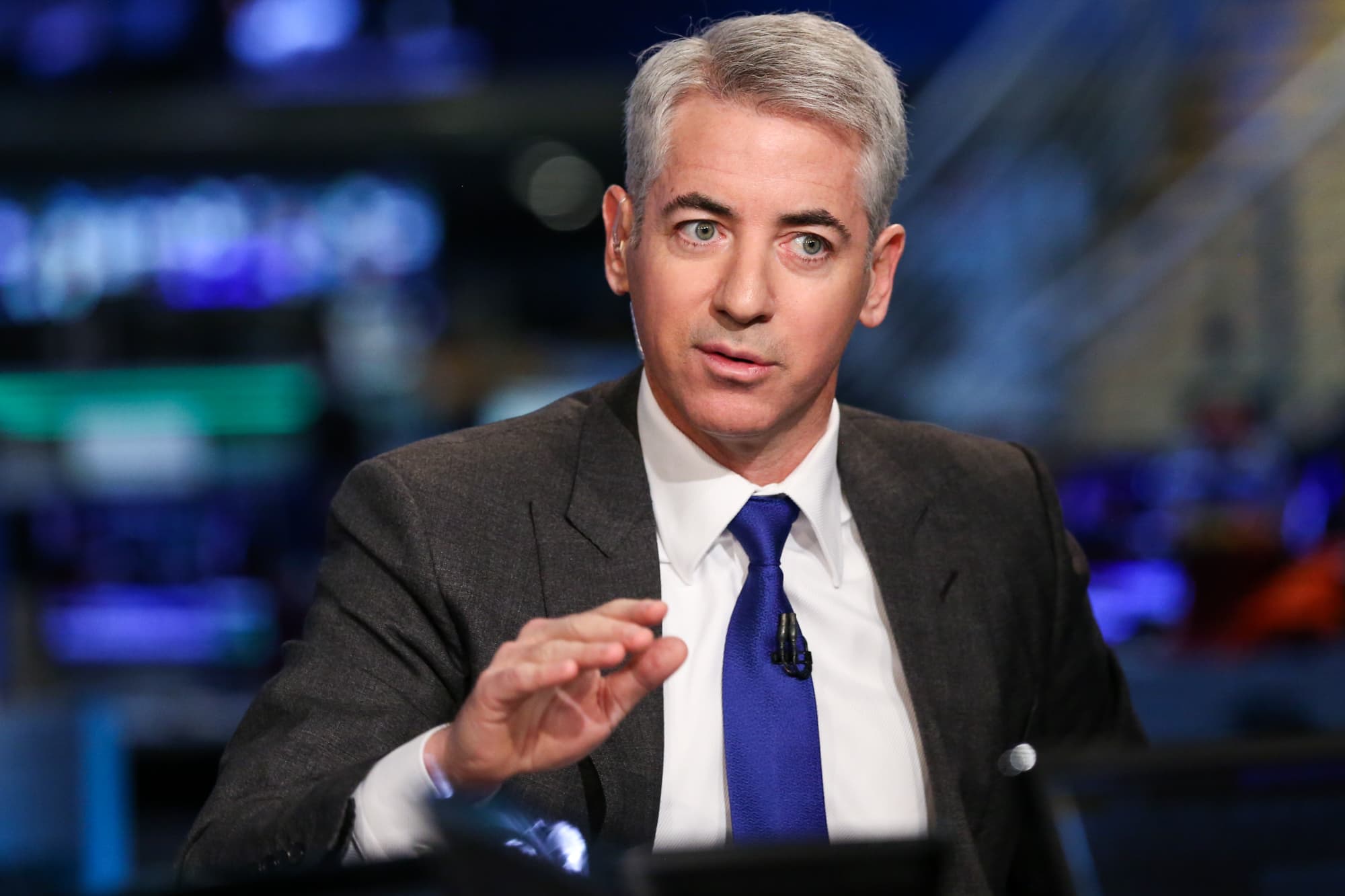
Bill Ackman, founder and CEO of Pershing Square Capital Management.
Adam Jeffery | CNBC
Billionaire investor Bill Ackman’s blank-check company Pershing Square Tontine Holdings (PSTH) confirmed Friday it was in talks to buy 10% of Universal Music Group for around $4 billion.
The deal values Universal Music at 35 billion euros (around $42.4 billion), PSTH said in a statement.
PTSH said the deal will not result in a merger and Universal Music will go ahead with a planned listing on Euronext Amsterdam in the third quarter of 2021.
French media company Vivendi is the majority owner of Universal Music. Chinese tech company Tencent is a minority stakeholder.
Vivendi shares in Paris were up round 0.48% in early trade.
CNBC had earlier reported that PSTH was closing in on a deal to take Universal Music Group public in what would be the largest special purpose acquisition company deal ever.
PSTH shares fell more than 8% in extended trading after closing Thursday at $25.05. The SPAC IPO was offered at $20 a share and it started trading in September 2020.
Blank-check companies are usually formed to raise funds through an IPO to finance a merger or acquisition, typically within two years.
Southeast Asia’s ride-hailing giant Grab’s SPAC merger with Altimeter Growth Corp. is the largest SPAC merger announced so far. That deal values Grab at more than $30 billion, according to SPAC Research.
The SPAC market hit a roadblock on the regulatory front as the Securities and Exchange Commission proposed an accounting rule change that would classify SPAC warrants as liabilities instead of equity instruments. SPAC issuance has slowed down drastically after a record first quarter.
A total of 151 SPAC initial public offerings have already been completed in 2021, raising $47.6 billion, data from SPAC Research shows. There are 289 deals actively looking for targets, according to SPAC Research.
The proprietary CNBC SPAC 50 index, which tracks the 50 largest U.S.-based pre-merger blank-check deals by market cap, has erased its 2021 gains amid heightened regulatory scrutiny and traded about 4% lower on the year.
— CNBC’s Yun Li and Yen Nee Lee contributed to this report.




